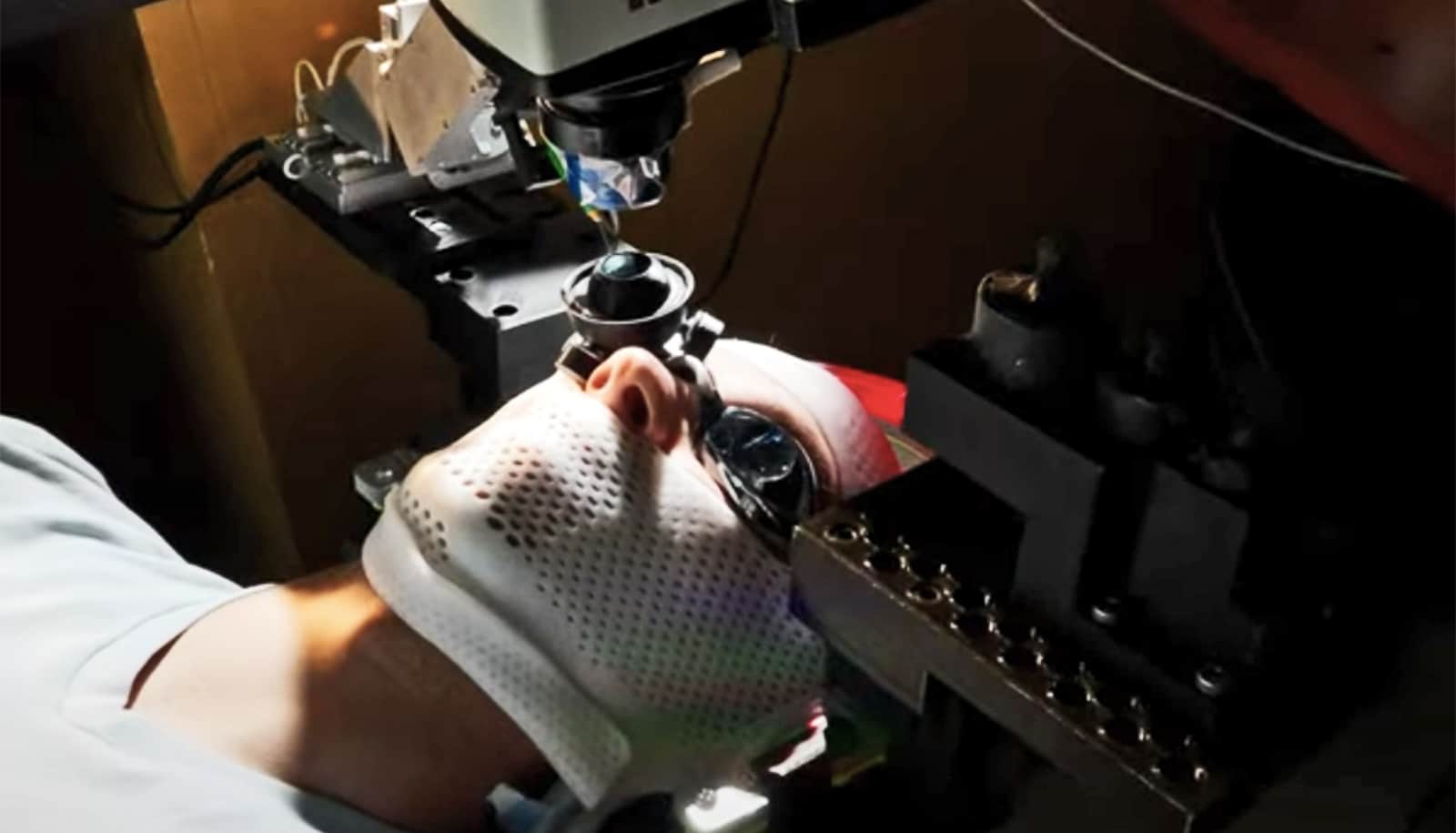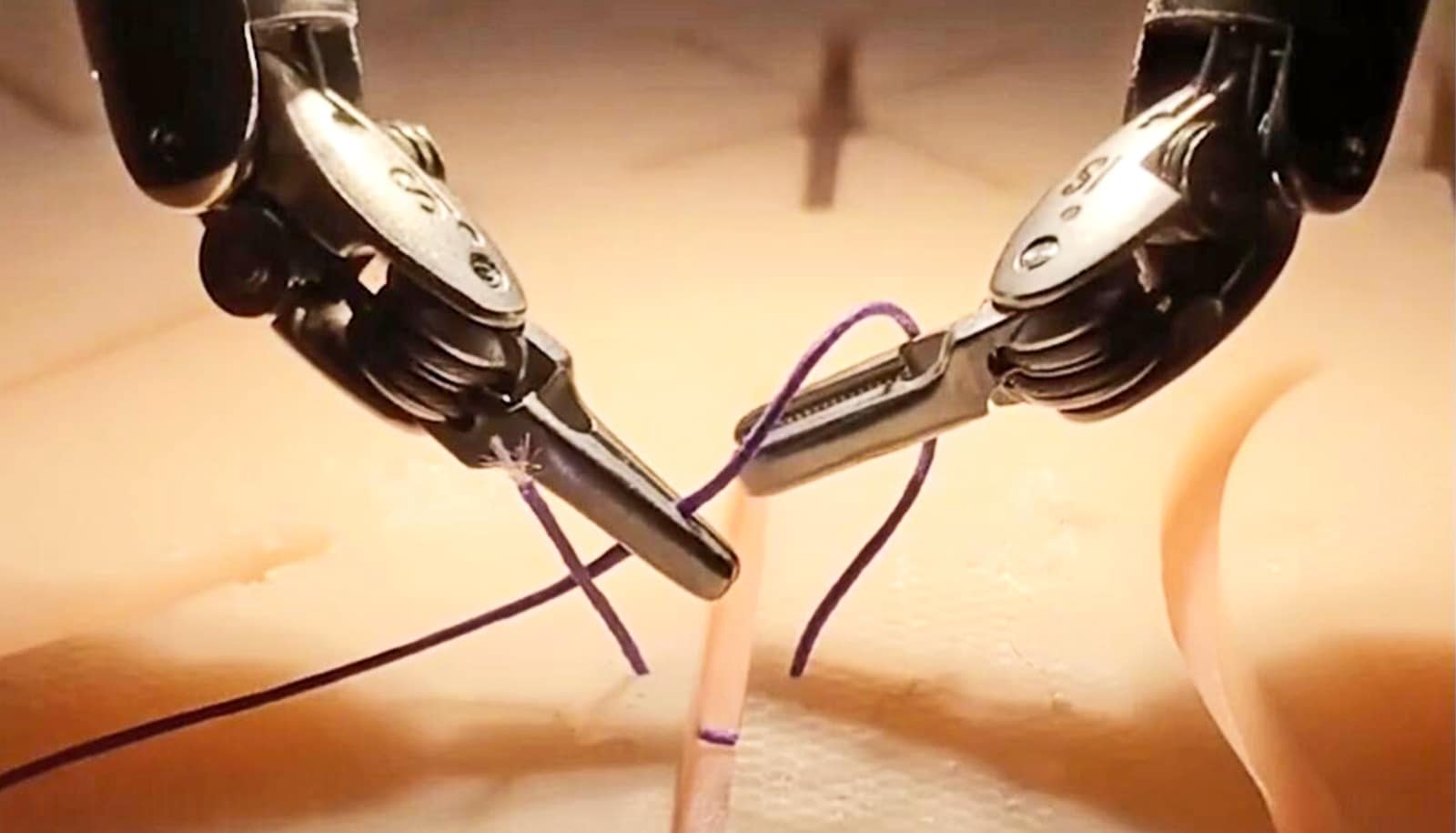People with acute biliary pancreatitis who don’t have their gallbladders out often do just fine, despite standard guidelines that recommend the surgery, a study finds.
More than two-thirds of study patients who declined the surgery didn’t return to the hospital for pancreatitis over a four-year follow-up period, researchers found.
“These findings tell us that there may be a way to avoid gallbladder removal surgery,” says Susan Hutfless, assistant professor of medicine at the Johns Hopkins University School of Medicine and the principal investigator.
The study, published in the American Journal of Gastroenterology, shows that “as medicine evolves, it is important to reflect on opportunities to refine care [standards] further,” Hutfless says.
Surgical gallbladder removal is currently standard treatment for patients hospitalized for acute biliary pancreatitis, an inflammation of the pancreas usually caused by gallstones. The pancreas is a large gland behind the stomach that produces enzymes for the digestive system.
Guidelines recommend surgery within four weeks of diagnosis to avoid organ failure, sepsis, and other dangerous complications that are more likely with repeat biliary pancreatitis attacks.
Hutfless and the study’s lead author, Ayesha Kamal, a postdoctoral fellow in medicine, examined a database with more than 17,000 cases across the United States between 2010 and 2013. Most patients—78 percent—had their gallbladders removed within 30 days of initial hospitalization, in keeping with the guidelines. Fewer than 10 percent of those patients returned to the hospital with pancreatitis.
Of the 3,705 patients who did not adhere to the guidelines, 1,213 had surgery within six months. But the nearly 2,500 other patients who did not have their gallbladders out within 30 days had still not had it four years later.
Acute pancreatitis is the nation’s third-leading gastrointestinal cause of hospitalization, resulting in more than 275,000 admissions and more than $2 billion in total costs in 2012. Numerous studies have found that, in most cases, gall bladder removal prevents additional pancreatitis-related hospitalizations.
There are a number of reasons some people with the condition do not have the surgery, known as cholecystectomy, the researchers say. Lack of resources, surgeon or patient preference, and inaccurate billing coding each could explain some cases, they say.
With nearly 80 percent of patients undergoing the procedure, however, the compliance numbers were unexpectedly high, Kamal says. It is not clear why some patients who avoided surgery had recurrences and some did not. More research is necessary, Hutless says.
“The personalization of cholecystectomy timing is still a hypothesis and would need to be tested in rigorous studies,” Hutfless says. “For now, there is clear evidence that the guidelines are beneficial to patients and should be followed.”
Additional authors of the study were from Johns Hopkins and the University of Pittsburgh Medical Center.
Source: Patrick Smith for Johns Hopkins University



